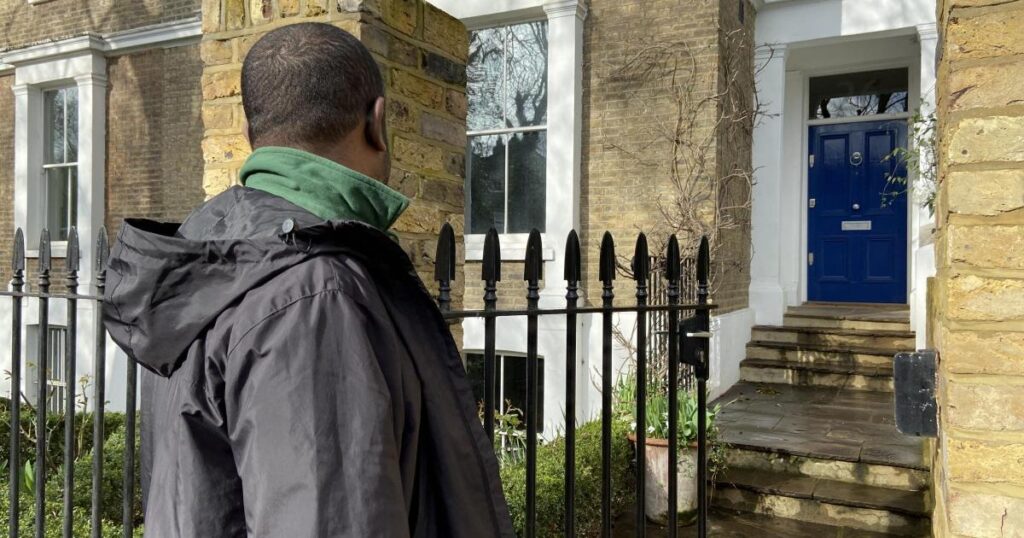Max – his name has been changed – says he was left drug-addicted after being exposed to them when he was placed in children’s homes, but was rejected by the council’s Support Payment Scheme because he entered the homes a few months too late.
Islington offered £10,000 payments to survivors of abuse in its former children’s homes between 1966 and 1995.
But Max says that while the council decided to place him in care in 1995, he didn’t enter the first home until 1996.
“I went through opening up the wounds again, letting them interview me at length, wasting my time and making me distressed,” said Max.
“I’m just gutted. I’m really pissed off. I’m going to solicitors.”
“That cut-off point of 1995 is so clearly unfair,” said Jane Frawley, of Islington Survivors Network, who supported Max through an unsuccessful appeal over the refusal.
“It’s the same sort of abuse by the same staff in the same home, but if you lived there two months earlier you could get the money. It’s absolutely ridiculous.”
“It’s just a slap in the face,” Max added. “And you can’t appeal the appeal, so it’s all cushty for them.”
In a 2024 interview, Max described how staff at Northampton Park children’s home, near Canonbury station, would allow children to smoke cigarettes and drugs – an allegation echoed by others placed there.
He said he was given hashish and saw other children using crack cocaine.
Rumours of sexual abuse were persistent, he claimed, so he used to place furniture up against his bedroom door at night and would be too frightened to go to sleep.
He said his educational needs were also neglected, with staff failing to notice he had dyslexia and ADHD, which meant he received no support or treatment for either. He left school with no qualifications.
After a stint in a second children’s home, he said, he was given no help to find accommodation when he turned 18.
He wound up living in a hostel and his drug use escalated. He became addicted to heroin.
He is now clean and sober but says he suffers constant pain in the left side of his body, which he believes is linked to his former drug use.

Some were later found and showed he entered care shortly after the cut-off date for a support payment, whereas he had believed it was shortly before.
But, said Mrs Frawley, there was no question Max was a victim and had been “terribly neglected” in the council’s homes.
“I understand they have to have some kind of cut-off point, but in the beginning they said there might be some leeway,” she said.
“They are not saying the abuse didn’t take place,” said Max. “They are just saying it was too late. They are not being fair at all.
“There was an application going on for me during that time in 1995. They were looking to put me through the case system. I was on the waiting list. It’s ridiculousness.”
The council reiterated its apology for its “past failure to protect vulnerable children in its children’s homes, which was the worst chapter in this council’s history.”
It said that while “all abuse is absolutely and equally legitimate and valid”, setting up the support scheme had been “legally and financially complex”.
It said the cut-off date of 1995 had been adopted from a recommendation by an “independent” report.
“It’s essential to note that this was not a compensation scheme and any survivors of non-recent child abuse who were placed in a care home by Islington Council can still pursue a civil compensation claim if they wish,” the council said.
“Islington’s top priority is to protect children from harm and we are a very different organisation today than we were in the past.”




